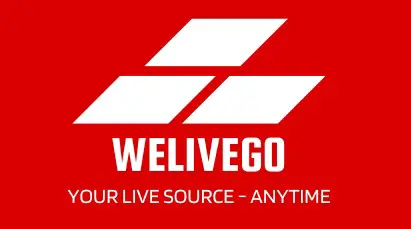The US Department of Health advises relaxing cannabis prohibitions.
The Drug Enforcement Agency (DEA) has been urged by the US Department of Health and Human Services to relax federal restrictions on marijuana.
Despite the fact that 40 of the 50 US states have approved laws allowing its usage in some manner, the drug is still illegal at the federal level.
Currently, marijuana is classified in the same narcotic category as heroin and LSD.
The biggest upheaval in US drug policy in decades might occur if the DEA alters its classification.
The Controlled Substances Act now lists cannabis as a schedule 1 drug, meaning it has a high potential for abuse and no recognized medicinal value.
It would be in line with medications that are classified as having a low potential for misuse and dependence if it were moved to schedule 3. That category includes substances like ketamine, anabolic steroids, and medicines with up to 90 milligrams of codeine per dose.
President Joe Biden requested last year that his attorney general and secretary of health conduct a review to see whether cannabis could be classified as a less harmful medicine.
The Department of Health and Human Services (HHS) delivered the plan to the DEA on Tuesday.
According to a statement from the department, "as part of this process, HHS conducted a scientific and medical evaluation for consideration by DEA."
To schedule or reschedule a substance under the Controlled Substances Act, "DEA has the final say. The DEA will now start its investigation.
"This administrative process was completed in less than 11 months," the HHS stated in a statement, "reflecting this department's collaboration and leadership to ensure that a thorough scientific evaluation be completed and shared expeditiously."
The recommendation does not completely remove cannabis from the list of substances covered by the Controlled Substances Act. In order to de-schedule the drug from the Controlled Substances Act and regulate it similarly to alcohol or cigarettes, some activists have lobbied the government to do so.
Its rescheduling might make it available for additional study and permit banking in the cannabis business to operate more freely. Due to tax rules that prohibit banks from handling money earned from specific drug sales, the majority of marijuana firms operating in the US are currently obliged to operate in cash.
According to surveys of public opinion, the majority of Americans favor some variation of drug legalization.
23 states, including all of the states on the west coast and Washington, D.C., have made cannabis legal for adult recreational use. In 38 states, it is legal for medical purposes.




Leave A Comment